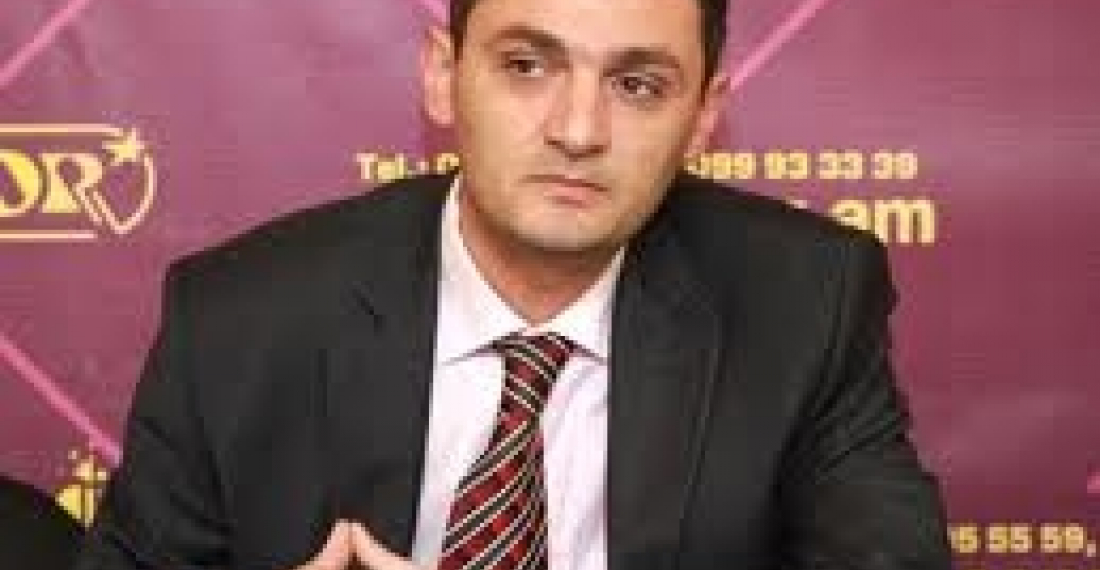Провокационные действия Азербайджана не преследуют никаких стратегических намерений. Власти Азербайджана хотят антиармянской пропагандой отвлечь внимание общества от более злободневных и животрепещущих проблем, в первую очередь социальных. Подобное мнение выразил в ходе пресс- конференции 28 апреля политолог Нарек Галстян.
"Азербайджанской нации как таковой не существует, а человек с азербайджанским паспортом может быть лезгином, курдом, турком, кем угодно, но только не азербайджанцем. И каждая из этих этнических группировок заявляет, что именно она является азербайджанской нацией. Именно отсюда исходит хорошо разработанная тактика властей. Они хотят сконцентрировать внимание общества на общем внешнем враге и тем самым создать внутреннюю сплоченную атмосферу", - заявил Галстян.
В этом контексте, политолог заметил, что Армения является разменной монетой в этой игре режима правящего Азербайджаном, поскольку именно с помощью раздувания истерии вокруг армян в Баку хотят укрепить свои позиции, что и является их конечной целью. По мнению политолога, международная общественность не играет существенной роли в разрешении этой проблемы. В этом контексте, Галстян в частности указал на молчаливую политику МГ ОБСЕ, которая, по его мнению, лишь ограничивается мягкими призывами о прекращения подобных действий. "При этом, реальных мер, которые хотя бы ограничили агрессивные действия Азербайджана, не применяется. Несмотря на то, что действия Азербайджана не только не соответствуют международным нормам права, но и наоборот полностью противоречат им. Это явное нарушение норм международного права, которое остается безнаказанным",- заявил политолог. В этом контексте Галстян отметил, что только Вооруженные силы Армении в состоянии унять страсти Азербайджана и дать нужный отпор.
Напомним, что 27 апреля в 04:15 ч. вблизи сел Мовсес и Айгепар Тавушской области азербайджанские военные обстреляли автомобиль "ВАЗ 2107", в котором находились армянские военнослужащие. Двое из них скончались на месте, один - по дороге в больницу. Еще один инцидент был зафиксирован 25 апреля. В частности, обстрелу подверглись оборонительные позиции армянской армии у села Довех в Тавушской области, пули также свистели в направлении села. Был обстрелян также детский сад. В этой связи дети и работники воспитательного учреждения были эвакуированы, пострадавших нет.
Президент Армении Серж Саргсян уже пообещал адекватный ответ на участившиеся нарушения режима перемирия со стороны Азербайджана. На встрече с избирателями в Дилижане Саргсян в частности, заявил, что противник получит достойный ответ на все свои поползновения.







